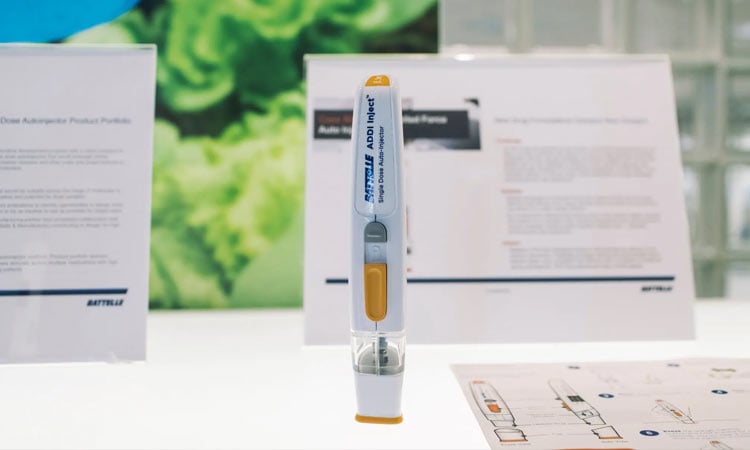Your Inhalers and EpiPens Aren’t Very Healthy for the Environment

For eco-conscious consumers of personal medical devices, recycling options are limited. Some companies are trying to change that.
It’s no secret that the world has a plastic problem. The versatile, durable and cheap material is clogging the world’s oceans, leaching toxins into its biomes and contributing to climate change. Some countries have been drafting a treaty proposal that might ban select single-use products and set goals for reducing plastics production worldwide. But negotiations have snagged over opposition from the fossil fuel and chemical industries.
Worldwide, the health care industry used more than 24 billion pounds of plastic in 2023, and is forecast to generate 38 billion pounds annually by 2028, according to BCC Research, a global market research firm.
Typically manufactured from fossil fuels, plastic is also a major source of greenhouse gas emissions. In the United States, the health sector accounts for eight percent of the country’s carbon footprint.
Medical device companies say they are trying to reduce the waste, whether by recovering and recycling products, decreasing the amount of plastic in devices and the packaging, or by redesigning items with materials that are not petroleum-based.
The next advances in sustainable medical device design might occur in the stocky brick and glass headquarters of Battelle, a nonprofit research and development institute in Columbus, Ohio. Although the organization mainly handles yearslong projects for the U.S. military and the Department of Energy, hundreds of staff members work with name-brand medical companies to redesign their products.
The medical devices team dominates an entire floor of one building. Some scientists there are trying to turn soybeans into usable plastics that could be substituted for traditional petroleum-based ones. Others are using large stainless-steel reactors to study how the substances degrade.
Read the full article here.